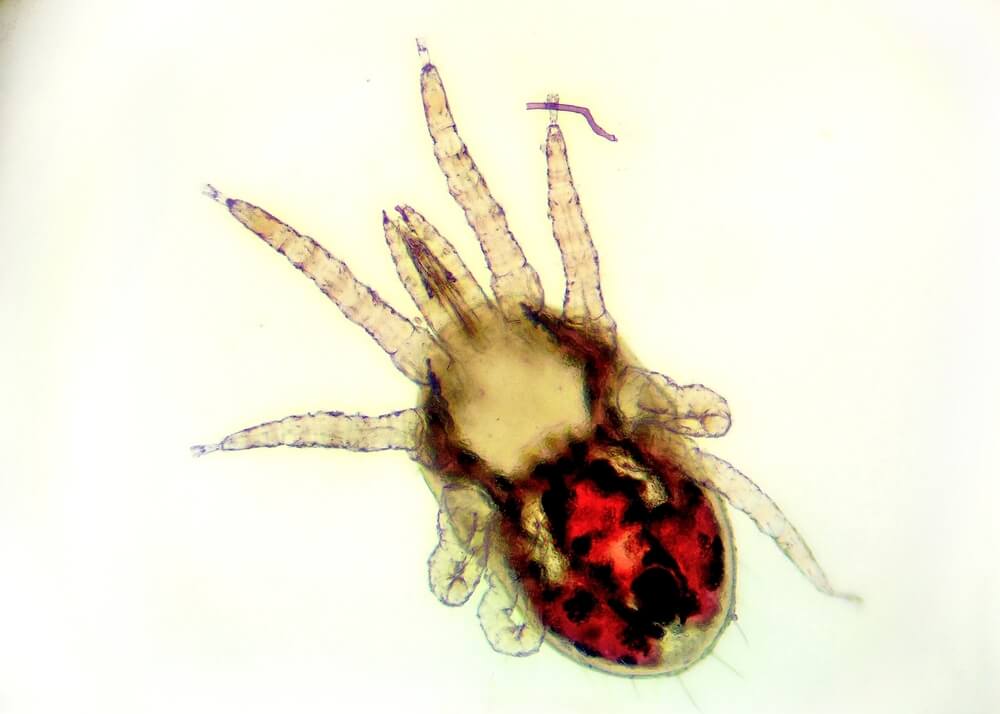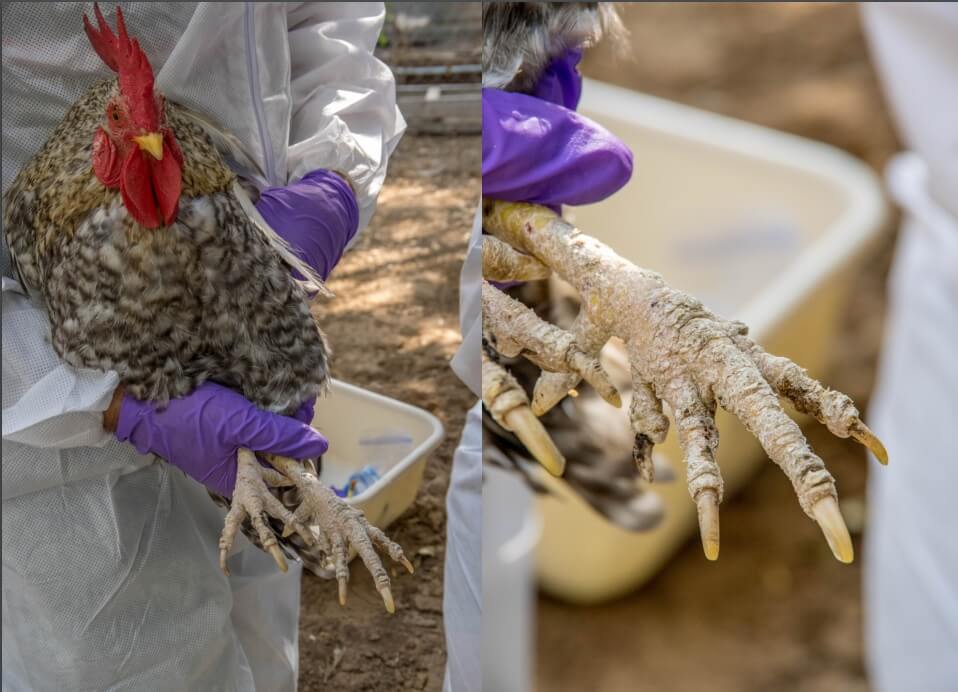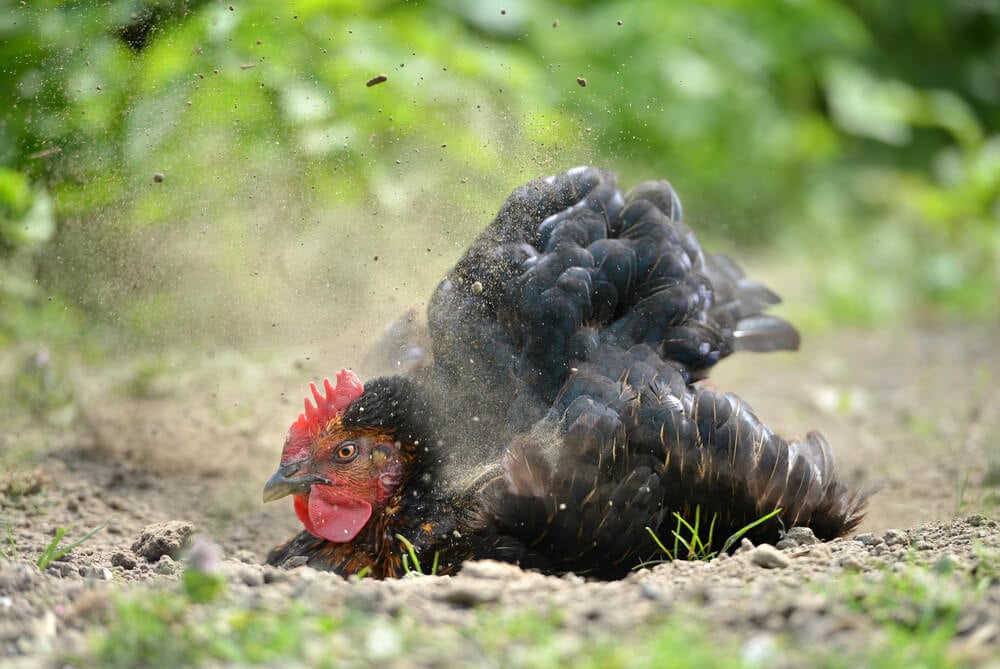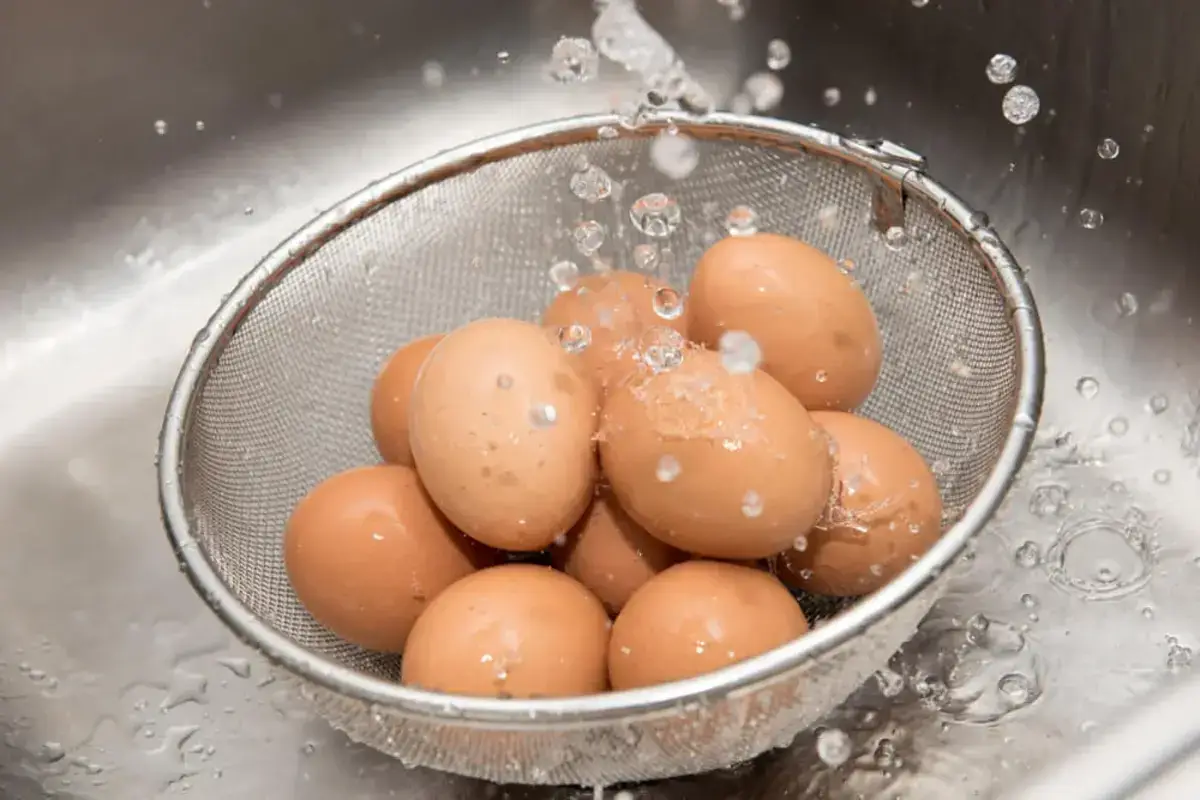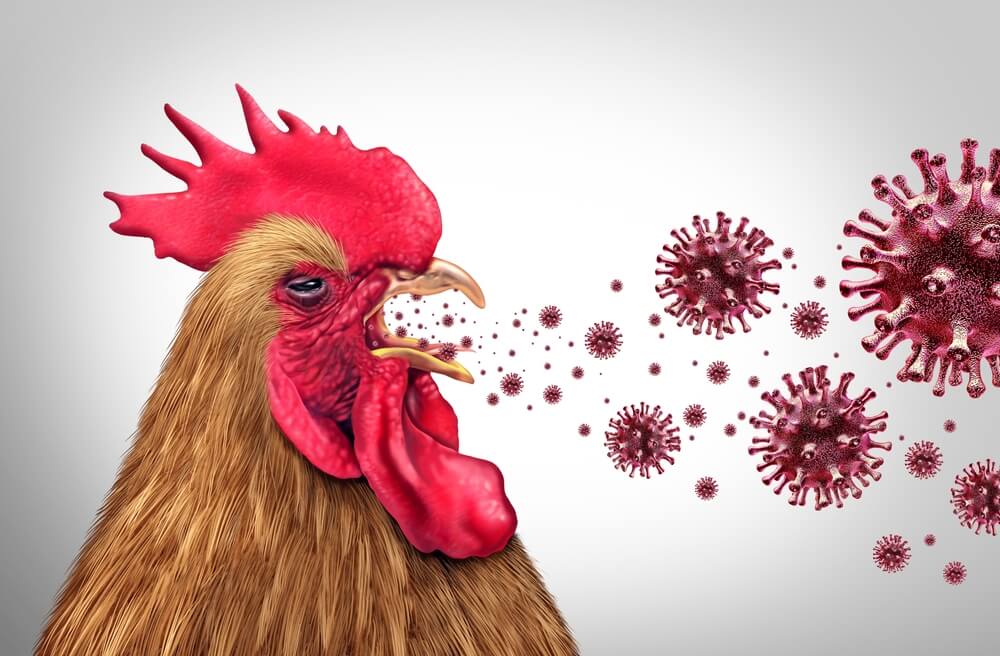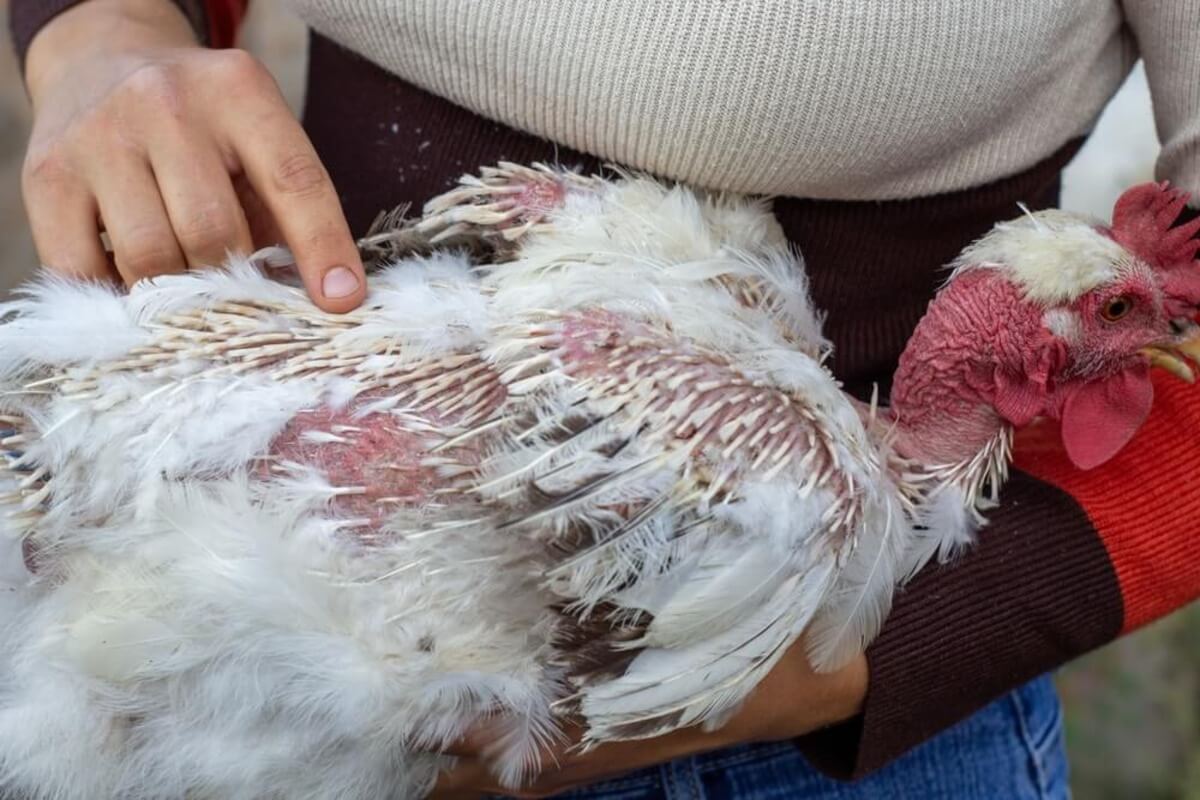Table of Contents
Chicken Mites and Your Flock: A Backyard Guide to Prevention and Treatment
Backyard chickens bring joy, eggs and a way to connect with nature. But raising them comes with its challenges and one of the biggest threats to your flock’s health is chicken mites. These little buggers are more than a nuisance they can harm your chickens health and egg production if left unchecked.
This guide will give you, a fellow chicken lover, everything you need to know about chicken mites from identifying them to treating and preventing infestations. By the end of this post you’ll have practical tips to keep those pesky mites at bay and your chickens happy and healthy!
What Are Chicken Mites? The Threat
Chicken mites, also known as poultry mites or bird mites, are tiny parasitic pests that feed on chicken blood. They are barely visible and nocturnal, hiding during the day in the cracks and crevices of the chicken coop and attacking your flock at night.
Why are they a threat? If left untreated chicken mites can cause severe discomfort, stress and health issues for your birds, eventually leading to decreased egg production or even death in extreme cases.
Now you know more about these mites!
Types of Chicken Mites
Not all chicken mites are the same. Different species are different challenges so knowing the type you have will help you treat the problem better.
Northern Fowl Mites (Ornithonyssus sylviarum): These mites are on the chicken most of the time, feeding almost constantly. They are the most common mite in the U.S.
Red Mites (Dermanyssus gallinae): Also called roost mites, they live in your coop and only feed on your chickens at night.
Scaly Leg Mites (Knemidocoptes mutans): These burrow into the skin around your chicken’s legs and feet, lifting scales and causing discomfort SaveALeg Herbal Leg Salve can help treat these mites effectively.
Chicken Lice (Not technically mites): While not mites, it’s worth mentioning these pests as they can often be mistaken for mites.
Knowing the type of mite you have will help you decide what to do next.
How to Tell if You Have an Infestation
Unfortunately your chickens can’t tell you when something’s amiss. But they do give you hints! Here are signs mites may be in your coop or flock:
Excessive Feather Loss: Mites make birds itch and scratch or pluck.
Pale Combs and Wattles: Lack of blood from constant feeding causes anemia.
Decreased Egg Production: Mites weaken chickens and reduce egg production.
Restlessness at Night: Since red mites attack at sunset, your flock may be more active than usual.
Dirty Vent Area: Look for mites or eggs near your chicken’s vents.
Raised, Scaled Legs: A sign of scaly leg mites.
Check your chickens and coop if you see any of these signs. Mites may be small but their effects are hard to ignore.
Health Risks of Mites
Chicken mites are more than uncomfortable—they’re a health risk. Long term infestations can lead to:
Anemia: Mites take blood from your chickens which can cause anemia and serious health issues.
Skin Irritation and Infection: Constant scratching can damage the skin leaving open wounds open to infection.
Stress and Weight Loss: Infested chickens may experience chronic stress which affects their overall health.
Reduced Fertility: Mites can affect breeding chickens’ fertility.
These health risks can hit your flock and egg production hard so act fast.
How to Prevent Chicken Mites
Prevention is better than cure. By being proactive you can keep mites out of your coop for good.
Regular Coop Cleaning: Clean your coop at least once a week, focusing on cracks and crevices where mites hide. Use mite-repellent sprays or powders during cleanings.
Dust Baths: Provide a dust bath with diatomaceous earth or wood ash. Chickens use dust to fend off pests naturally. Chickens use dust to fend off pests naturally. Try a Dust Bath with Herbs for added benefits.
Inspect New Flock Members: Check for mites when introducing new chickens to your flock.
Install Perching Poles: Some mite species like red mites can’t cross smooth poles so these may help deter them.
Use Natural Repellents: Herbs like lavender, mint, and rosemary are known to repel mites. Special forms of lime like those from First Saturday lime can really help control pests without being toxic. Sprinkle these in and around your coop per the directions, or try BreatheRight Coop Herbs.
By doing these you’re taking the first step in keeping mites away.
How to Treat an Infestation
Even the most vigilant owner will get an infestation. If that happens act fast with these:
Treat Your Chickens Directly: Use poultry safe mite treatments like permethrin-based sprays or powders. Follow the product instructions and target the affected areas like vent, wings and legs.
Deep Clean the Coop: Remove all bedding and nesting materials. Scrub the coop and treat with diatomaceous earth or mite repellent.
Natural Solutions: For a chemical free approach neem oil or garlic spray can repel mites. Supplement your flock's health with Poultry Queen Herbal Treat.
Repeat Treatments: Mites have a life cycle so you need to repeat treatments every 7-10 days to kill eggs and larvae.
Call a Vet: If the infestation gets worse or persists seek professional help.
Consistency is key to getting your flock mite free.
Real Life Success Stories
Here are two examples of backyard chicken owners who have beaten mites with these methods!
Sarah from Tennessee: After seeing her chickens scratching excessively Sarah used a permethrin spray on her flock and replaced the coop bedding with diatomaceous earth. Within weeks her chickens were back to normal.
James from Oregon: James had scaly leg mites but solved it by applying petroleum jelly on his birds legs every evening. This suffocates the mites while healing.
You can win with the right approach!
FAQs
1. Are chicken mites harmful to humans?
Chicken mites and lice are species specific meaning they only affect chickens and they do not affect humans.
2. How often should I check my chickens for mites?
It's a best practice to check your flock and coop at least once a month.
3. Are mites seasonal?
Yes, mites love warm and humid weather so late spring and summer are peak mite season.
4. Can I use essential oils to prevent mites?
Yes! Oils like lavender, tea tree and eucalyptus can repel mites when used correctly. Make sure they’re diluted and safe for poultry use.
Get Started Today!
Chicken mites may be tiny but the impact is big. By knowing their behavior, being aware of the symptoms and taking preventative measures you can protect your flock from these little pests.
Have you had mites before? Share your experience. And remember to bookmark this guide to keep your chickens happy, healthy and mite free all year round!




